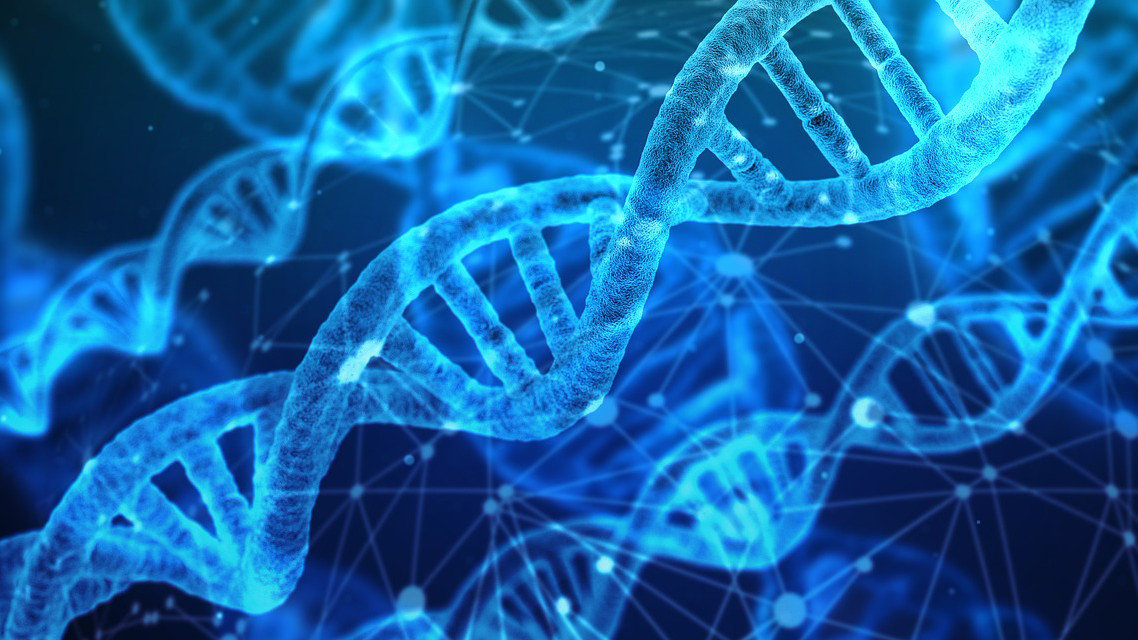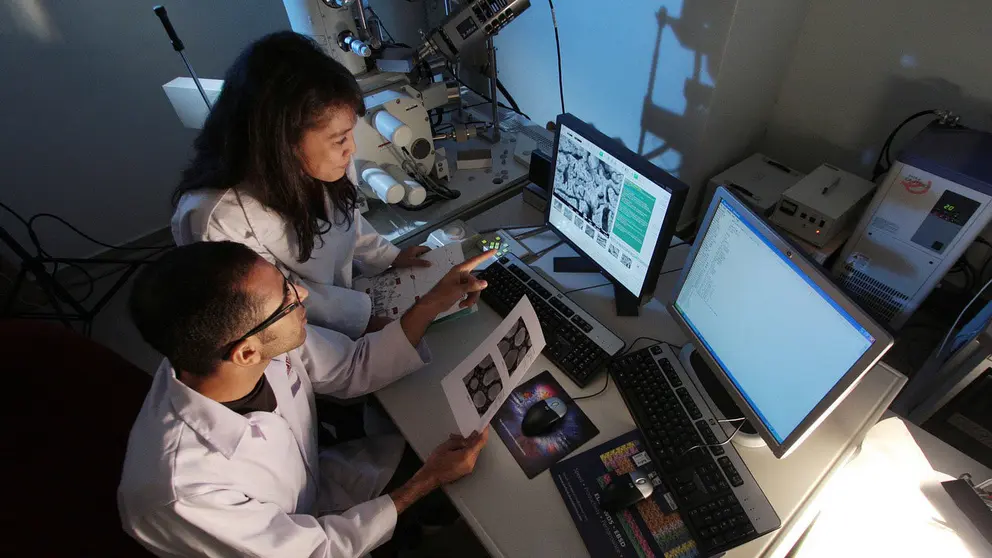In some cases, Finnish law requires newly arrived foreigners in Finland who apply for a residence permit to undergo a DNA test. This requirement generally applies to the residency applications based on family ties when it can not be determined with a high degree of certainty whether people are biologically related to each other.
Normally these practices are motivated by the lack of credible documents that prove the family relationship. They can be also applied if documents exist, but uncertainty over the biological relationship still remains after an oral interview.
When the Finnish Immigration Service (Migri) officials encounter one of these cases, both the applicant and the alleged relative(s) are subjected to a DNA test in order to investigate scientifically the relationship and to clear up doubts. And it is Migri -neither the applicant nor the relatives- who has the right to decide if a DNA test must be performed.

Not painful
DNA tests are painful or harmful to health and have been carried out for years for these purposes in Finland and in other European countries. They usually consist of the collection of a body sample using a buccal cheek swab or a blood sample. Materials thus obtained will be later analysed in a laboratory and compared by the experts to determine if there is a biological relationship between two persons.
What has been described above remains unchanged. What has changed is who can collect the samples. Until now, the law said that samples should be taken by a health professional. But an amendment recently introduced to the Aliens Act that came into force on 1 May 2019, allows now the customers of the Finnish Immigration Service to take the samples themselves.
Also at Migri's offices
Another change consists of expanding the range of places where DNA samples can be collected. Before, this had to be done always in a health center. Now, however, they can be collected either at a service point of Migri in Finland or at a Finnish mission (embassy or consulate) abroad.
Samples must be collected always under supervision of an official.
The Finnish Immigration Service informed in a press release that with these changes expects to make "more flexible" the procedure for the collection of samples.
This is how it works:
- If the Finnish Immigration Service needs a DNA sample from you, then they will send you an invitation letter to undergo the test. The DNA sample will be collected either at a service of the Finnish Immigration Service in Finland or at a Finnish Embassy or consulate overseas. The invitation contains more details and instructions for the customer.
- The customer will collect the sample under the supervision of an official, who will assist in case that help is needed.
- If Migri needs a DNA sample of a person who is under 18 years of age, it can be taken by the parents or guardians. For children who do not have a guardian, the invitation will be sent to the child's representative.

The information contained in DNA
According to a brochure published years ago by the Finnish Immigration Service to inform its customers, DNA samples are normally examined at the Hjelt Institute at the University of Helsinki. The results containing an opinion based on the DNA typing will be sent by those experts to Migri 4-8 weeks after the samples have been collected.
DNA samples provide information based on genes inherited from one generation to another. All the information contained in someone's DNA structure can be used by Migri in the family reunification cases to be compared with the one of the presumed relatives. The results will allow to determine if the people subjected to the tests are descendants, ascendants or siblings. Or if they are not.
Nobody is obliged to undergo a DNA test, this is a voluntary decision. However, those applying for a residence permit on the basis of kinship who (or whose relatives) refuse the testing will receive a negative decision if there are no other means to check the existence of the family ties.
Migri also warns that DNA testing may sometimes reveal unexpected information of biological relationship for the family members.












